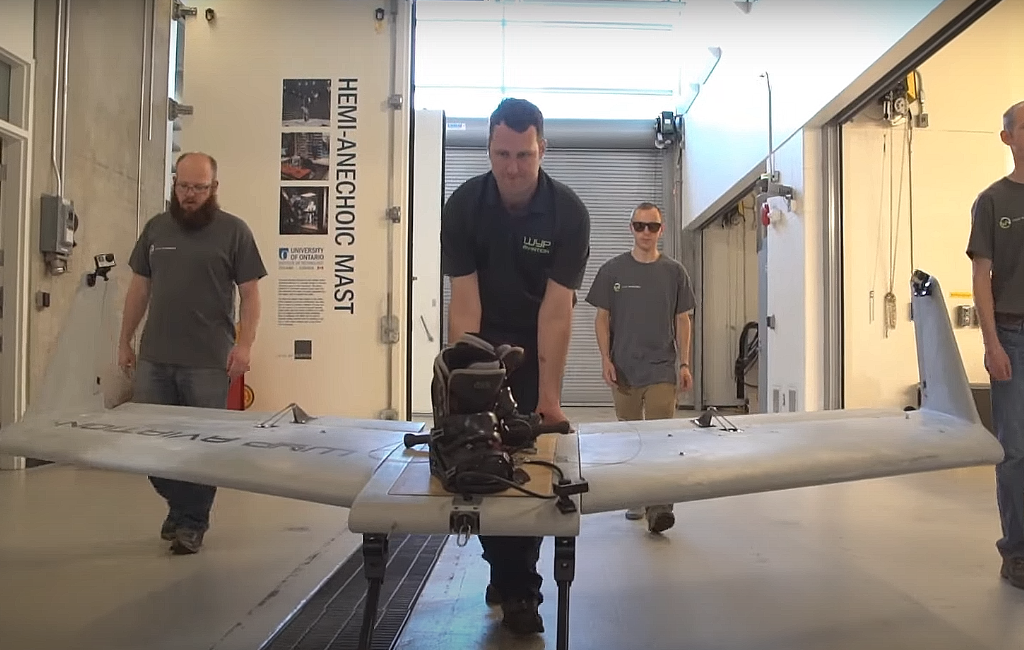WYP Aviation
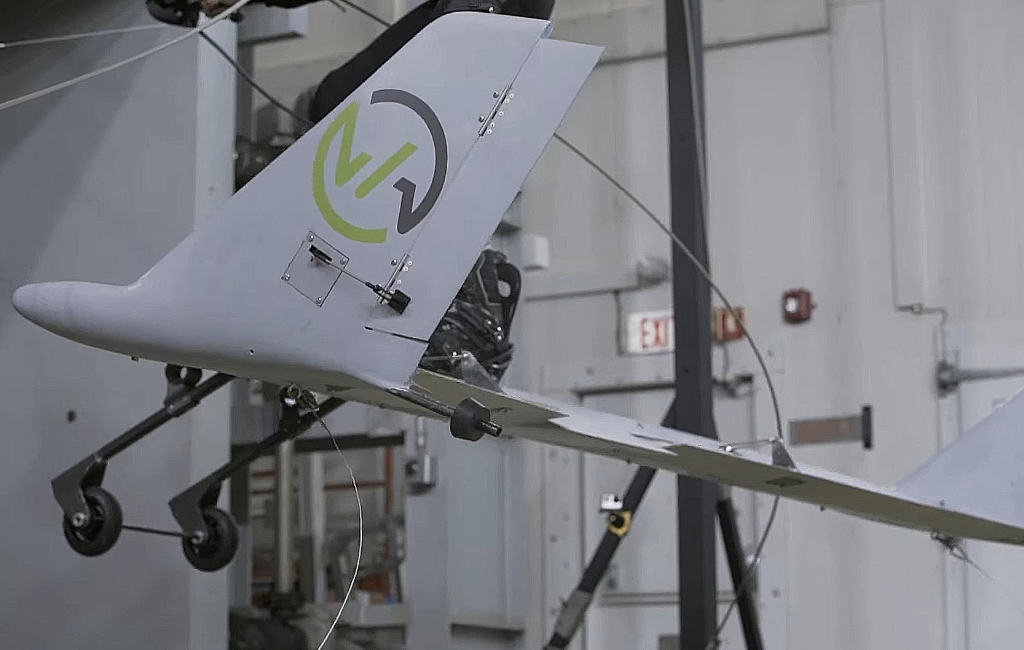
NO DEAL
EPISODE SUMMARY
🕓 Air Date: October 1, 2017
Asking For:
$500,000 for 20%
Investor:
No Deal
Deal:
No Deal
PRODUCT SUMMARY
WYP Aviation introduces the WingBoard, a sky wakeboard that combines the thrill of skydiving with the control of wakeboarding, providing a unique human flight experience in controlled indoor environments.
WATCH HERE
IN A RUSH?
Click these to jump to the section you want to read.
Background Story
Founder Aaron Wypyszynski, hailing from Huntsville, Alabama, introduced WYP Aviation on Shark Tank, seeking $500,000 for a 20% stake in his company. The inspiration for the WingBoard came from a childhood cartoon called “TaleSpin,” where a character would soar through the sky attached to a board towed by an airplane. About four years ago, Wypyszynski, pondering why no one had turned this childhood fantasy into reality, conceptualized the WingBoard.
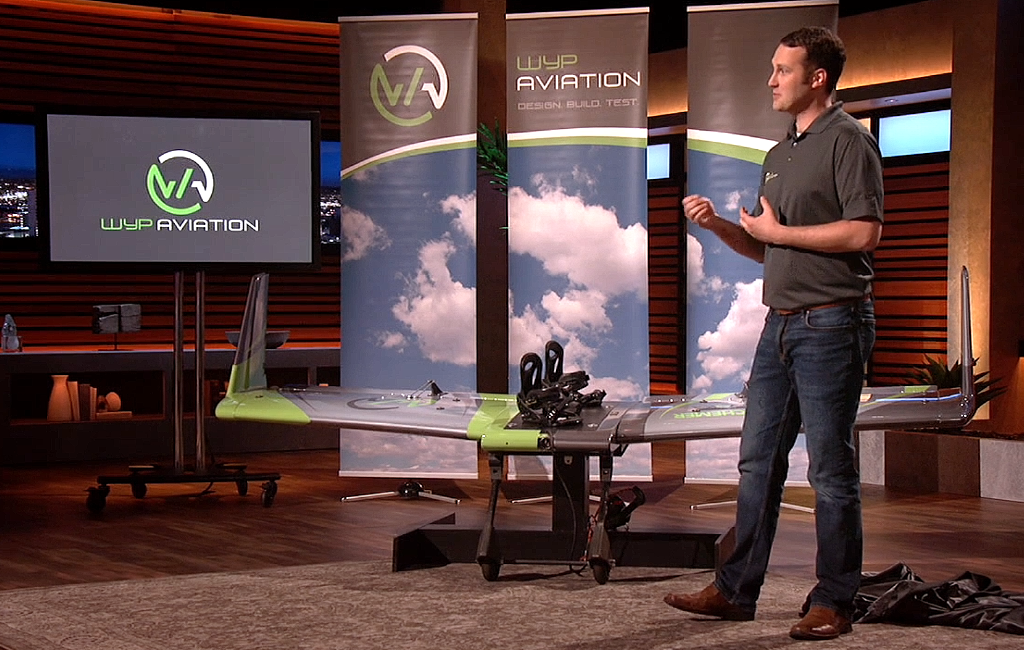
The WingBoard offers a combination of the exhilaration of skydiving and the control of wakeboarding. Once secured to the board, riders manipulate intuitive controls to navigate the sky, simulating the experience of surfing the clouds. WYP Aviation aims to make this thrilling activity accessible by establishing indoor flight facilities worldwide, ensuring a safe and controlled environment.
The Product
The WingBoard is a revolutionary aerial sports apparatus that allows enthusiasts to experience the thrill of flight in a controlled and safe environment. Riders secure themselves to the board and use intuitive controls to manipulate their movements in the air. The concept is akin to wakeboarding but takes place in the sky, offering a unique blend of adrenaline and freedom.
WYP Aviation has patented the technology behind the WingBoard, emphasizing safety and control. The company has partnered with wind tunnel facilities to conduct testing and showcase the board’s capabilities. The experience involves wearing a VR headset while maneuvering through the air stream, providing a truly immersive and dynamic adventure.
To bring this concept to the public, WYP Aviation plans to establish indoor flight facilities globally. These facilities would cater to extreme sports professionals and enthusiasts eager to try the WingBoard in a secure setting. The founder envisions a new era in recreational aviation, where individuals can surf the clouds without the need for traditional aircraft.
The cost of experiencing WingBoarding is projected to be comparable to indoor skydiving, ranging between $80 and $85 for a two-minute, first-time flight. WYP Aviation intends to collaborate with potential marketing partners, such as Red Bull or Virgin, to drive awareness and interest in this novel form of human flight.
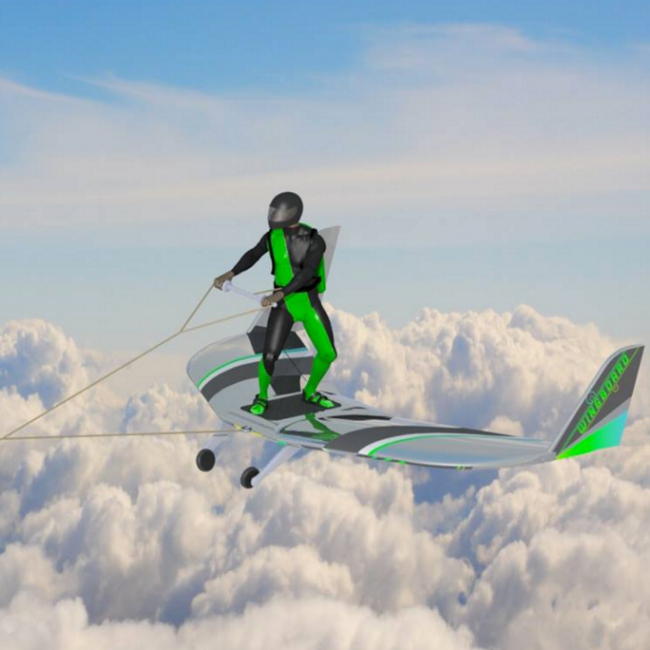
How It Went
The company’s position before Shark Tank
WYP Aviation’s performance is in the early stages, with a focus on developing and testing the WingBoard technology. The company has partnered with a wind tunnel facility outside Toronto to conduct customer events, showcasing the board’s capabilities in a controlled environment. However, the business model currently revolves around indoor flight facilities and no outdoor flights have been conducted to date.
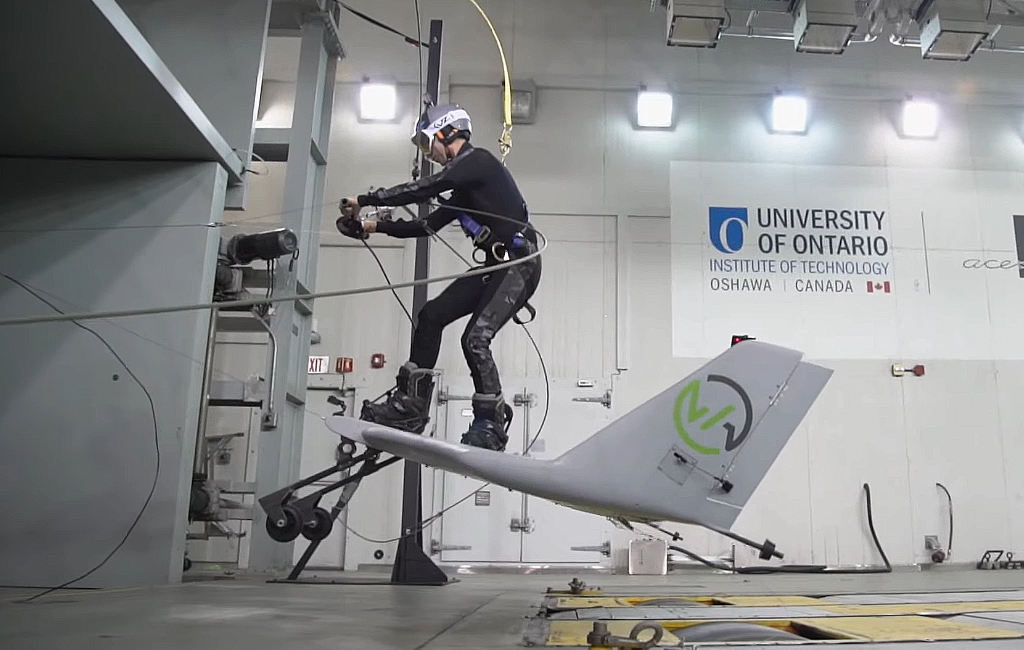
The estimated cost to build one location of these facilities is between $4 million and $5 million, making it a substantial investment. Aaron Wypyszynski stated that the company is seeking $2 million to $3 million to open its first location and plans to finance the remaining amount. The founder acknowledged the challenges of raising such capital and expressed a willingness to both raise funds and borrow to realize the vision.
As for partnerships and distribution, WYP Aviation aims to collaborate with potential marketing partners for large-scale campaigns. The proposed pricing for the WingBoard experience aligns with the indoor skydiving market, offering a competitive entry point for enthusiasts.
The Negotiations:
The Sharks expressed both amazement and concern about the WingBoard concept. While they acknowledged the thrill and innovation, the significant capital required to establish each indoor flight facility gave them pause. Mark Cuban, recognizing the innovation, expressed admiration for the concept but opted not to invest. Richard Branson found the idea intriguing but cited the need for more substantial proof before considering an investment.
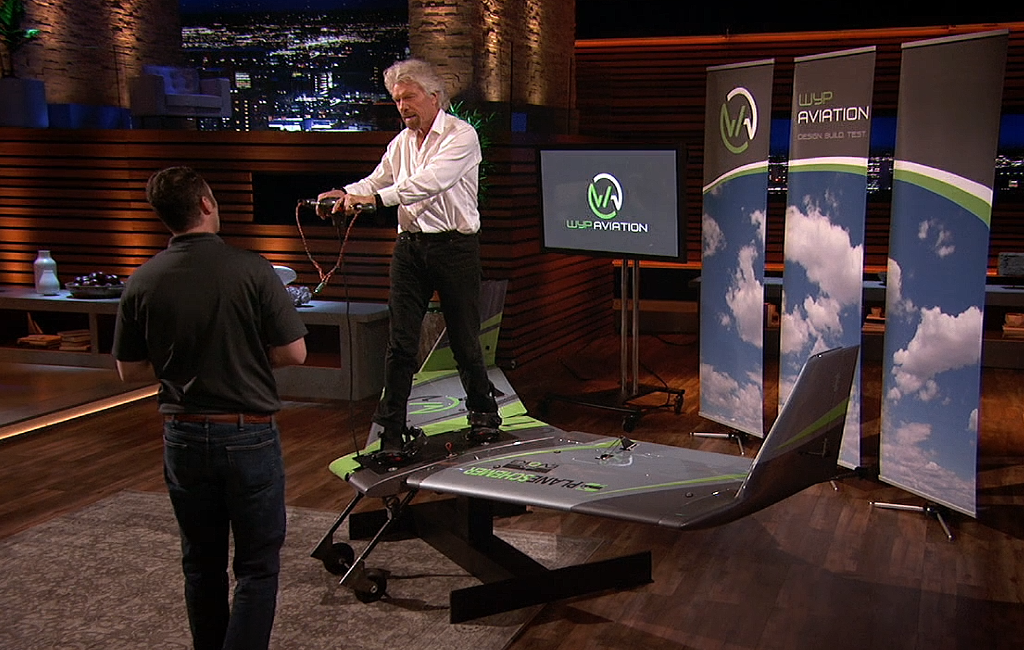
Other Sharks, including Lori Greiner, Robert Herjavec, and Daymond John, expressed concerns about the financial feasibility and personal suitability for the venture. Ultimately, none of the Sharks offered a deal, citing reasons such as the high investment cost, long-term viability, and personal preferences.
Despite not securing a deal, Aaron Wypyszynski remained optimistic, emphasizing the pioneering nature of the WingBoard and comparing its reception to past aviation innovations. He believes that time and continued effort will prove the concept’s viability and intends to pursue the venture independently.
